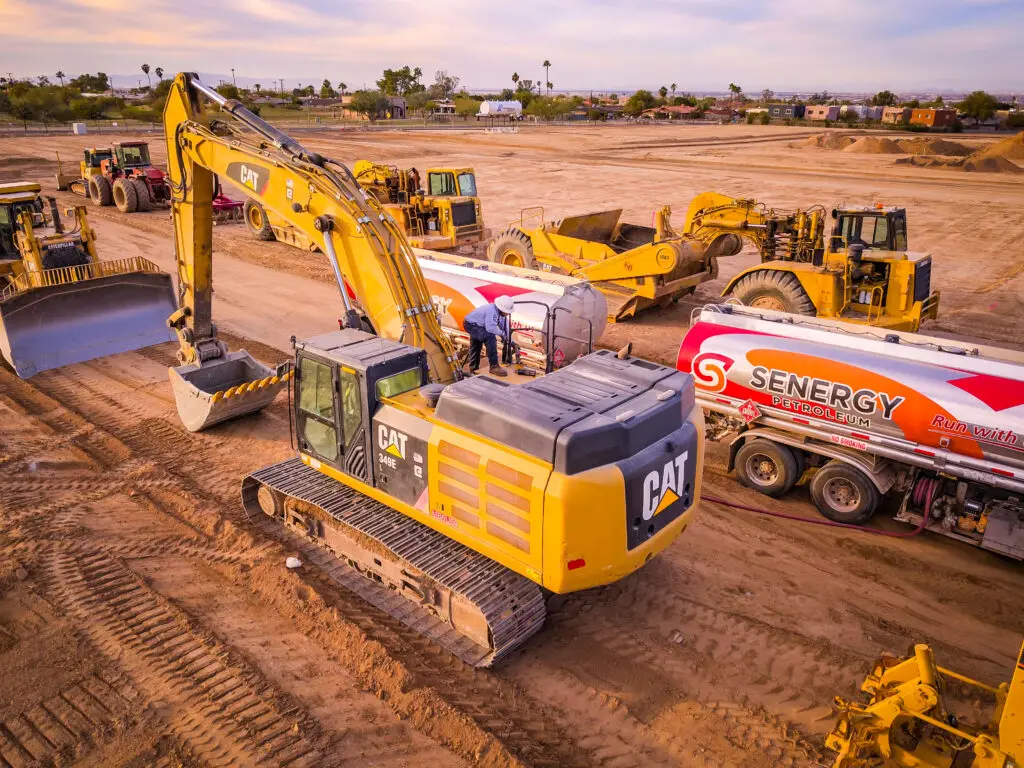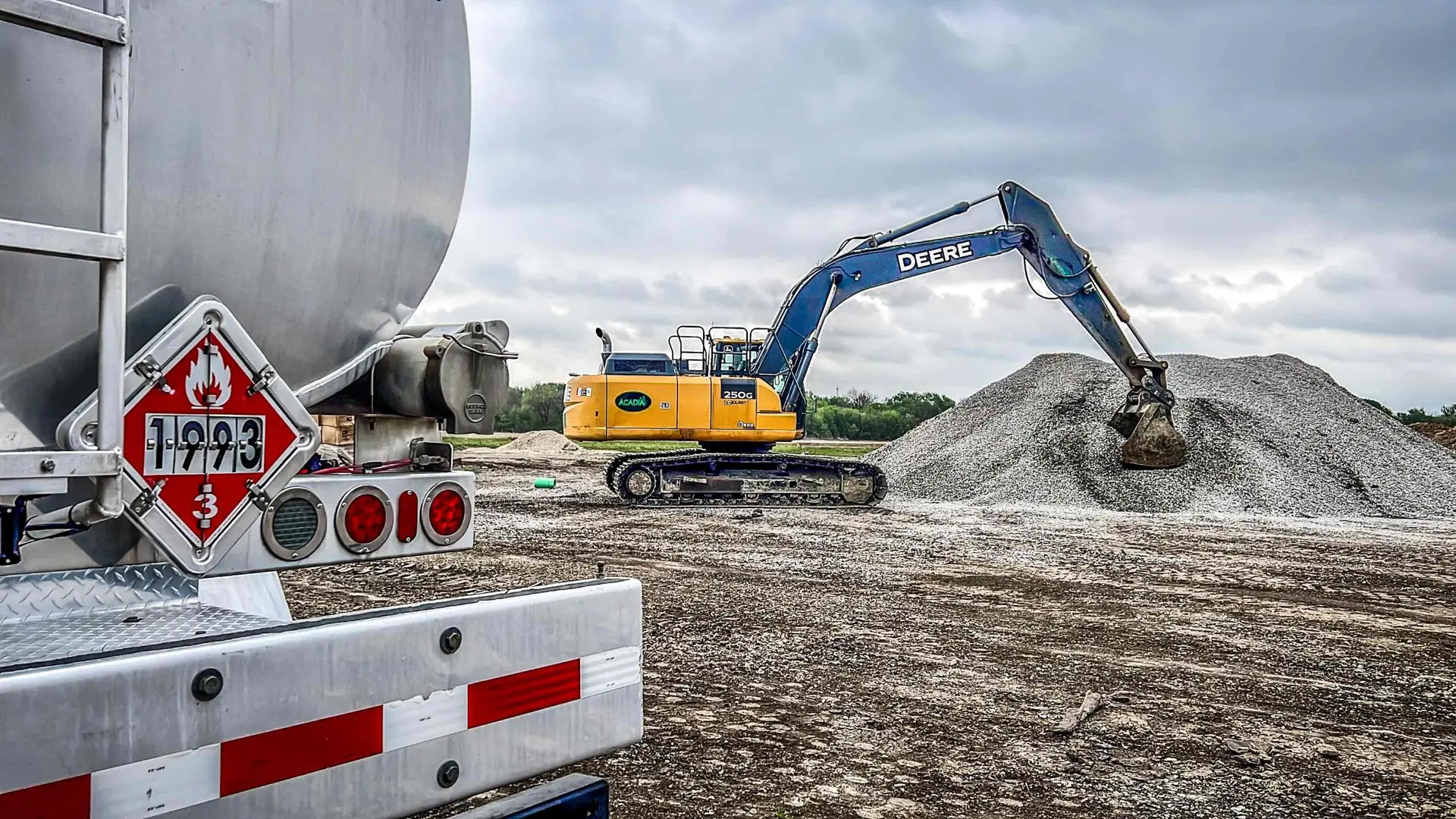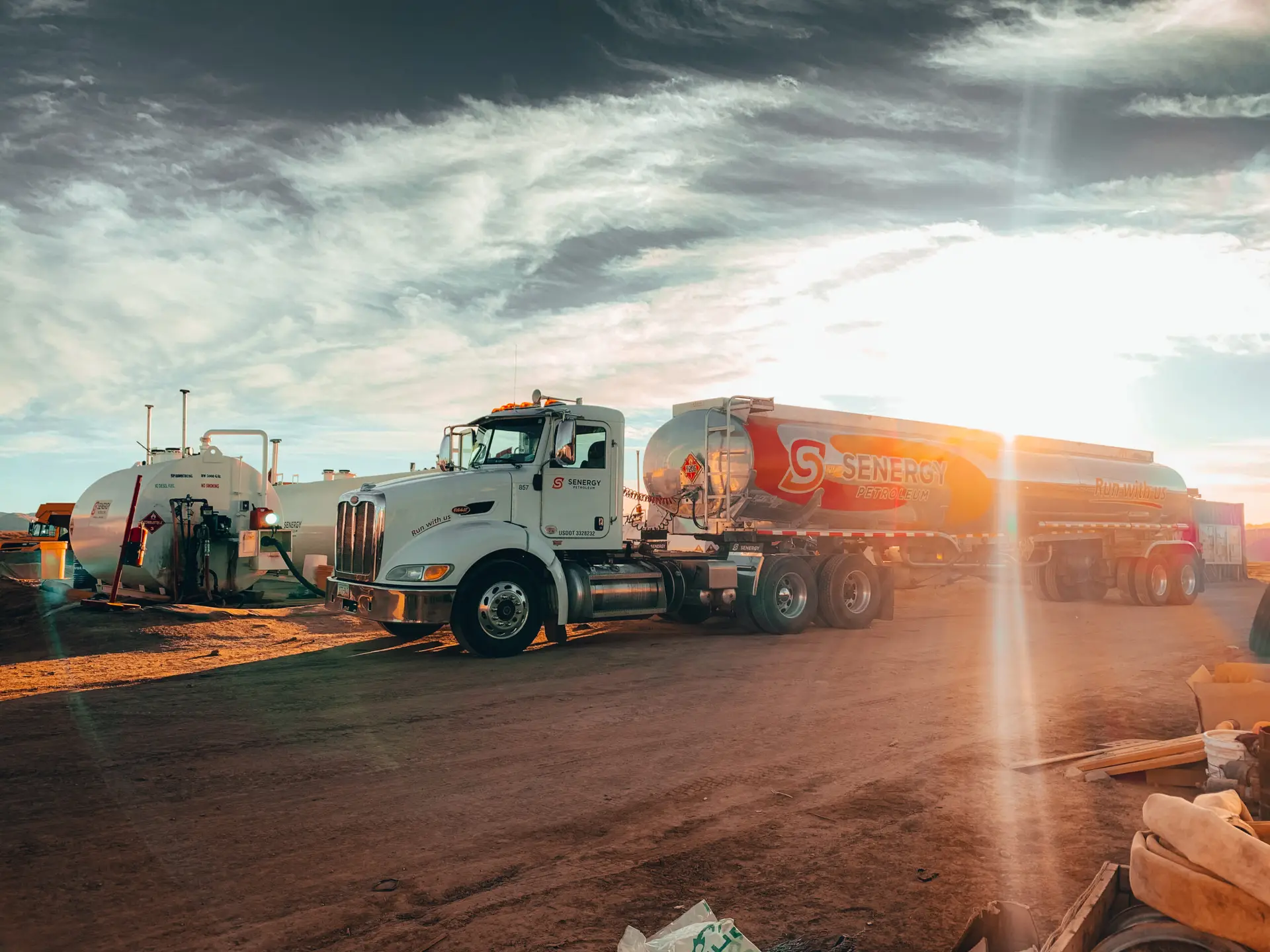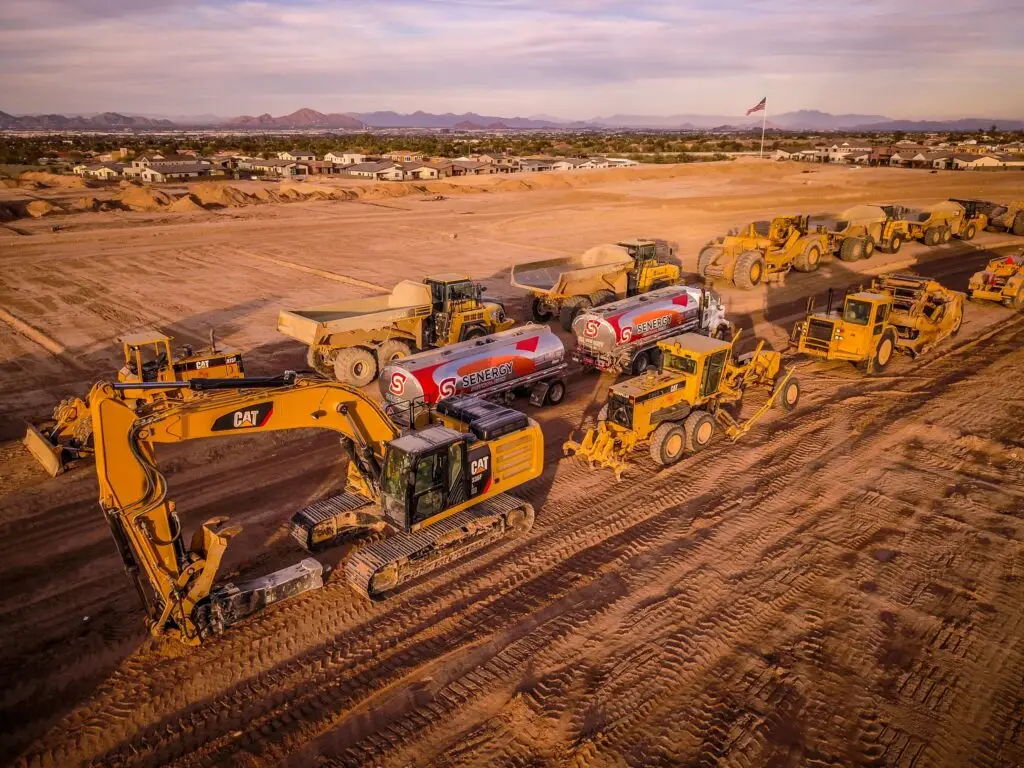Fleet Fueling Best Practices for Construction Companies
In heavy construction, maintaining a top-tier fleet of vehicles and equipment is essential for ensuring competitiveness and productivity. Efficiently refueling the construction fleet can significantly impact a company’s overall performance and expenses. By effectively managing fuel usage, construction companies can reduce costs, improve operations, and extend the lifespan of vehicles and equipment. Additionally, using high-performance motor oils can dramatically enhance engine longevity by minimizing wear and tear while optimizing efficiency. This guide explores best practices for fueling solutions in construction, offering insights on improving fuel management and efficiency to maximize fleet durability and performance.

The Importance of Effective Fleet Fueling
Effective fleet fueling goes beyond simply refilling tanks—it’s about adopting a strategic approach to maximize fuel utilization during construction operations. From dump trucks to bulldozers and excavators, construction equipment relies on various types of fuel. To ensure efficiency and cost-effectiveness, companies must proactively manage this vital resource. With fuel costs often making up the largest portion of a construction firm’s budget, adopting best practices for fuel efficiency can reduce waste, improve fleet reliability, and optimize overall operations.
Enhancing fuel efficiency not only lowers operational costs but also extends the lifespan of heavy equipment and vehicles. A robust fueling system can shield companies from the volatility of fuel prices, offering stability in uncertain markets.
With improved fuel management practices, companies can achieve immediate savings and lay the groundwork for long-term growth. These practices enable streamlined, uniform operations that support future expansion and reinforce operational excellence.
Select the Proper Fueling Equipment for Your Fleet
Ensuring long-term productivity starts with the right fueling equipment. Whether managing a single site or multiple locations, a fueling system should provide easy access, minimize downtime, and safeguard against fuel loss or theft. Onsite fueling systems offer convenience, better fuel control, and cost savings.
Onsite stations optimize fuel supply chains, eliminate downtime, and reduce reliance on third-party suppliers. Bulk fuel delivery is ideal for large or remote operations, offering cost efficiency and fewer refueling trips. Partnering with experienced fueling companies allows construction firms to stock fuel effectively and save through bulk purchases.
A well-planned fueling infrastructure minimizes interruptions and adapts to project needs, whether using bulk systems, automated dispensers, or monitoring tools. Reliable fueling solutions also improve financial planning by tracking fuel usage across sites, ensuring projects stay on time and budget.

Methods Of Increasing Fuel Efficiency
Fuel tracking is one of the most effective ways to improve efficiency. By monitoring fuel usage, identifying losses, and enabling real-time adjustments, fuel tracking systems help maximize fuel utilization. These systems generate valuable data for critical decisions, such as determining the most efficient equipment locations and refueling strategies.
Fuel management solutions include software, GPS tracking, and telematics-enabled dispensers. When installed across a fleet, these tools provide insights into fuel usage, vehicle performance, and potential theft. For example, if a vehicle consumes excessive fuel, managers can analyze data to identify the root cause—whether it’s the vehicle, driver habits, or fueling practices. This knowledge allows for informed decisions to optimize fuel consumption.
Integrating fuel management with fleet telematics takes efficiency further by tracking driver behavior, engine health, and maintenance needs. This enables managers to detect fuel wastage due to poor driving practices, engine issues, or idling. An integrated system offers actionable insights, such as scheduling preventive maintenance or optimizing routes to save fuel. With these tools, businesses can reduce costs, improve performance, and prevent unnecessary fuel waste.

Extended Vehicle Maintenance for Maximum Fuel Efficiency
Maintenance is key to fuel efficiency. Well-maintained vehicles consume less fuel and are cheaper to repair. Fleet managers should schedule regular checks, including tire inflation, oil changes, and inspections of air filters, fuel injectors, and exhaust systems, to ensure engines run efficiently. Proper tire inflation reduces rolling resistance, while clean oil minimizes engine friction, both of which improve fuel efficiency.
Implementing a maintenance program based on manufacturer guidelines helps prevent costly breakdowns and extends equipment life. Proactive maintenance ensures vehicles operate economically and remain reliable over time.
Driver habits also play a major role in fuel efficiency. Even the best equipment wastes fuel if not operated properly. Training drivers in techniques such as smooth acceleration, minimizing idling, using cruise control, and planning efficient routes reduces fuel waste and wear on equipment. Educating drivers on proper refueling practices also helps prevent fuel system contamination and waste.
By fostering a culture of fuel-efficient driving and maintenance, construction companies can significantly cut costs and extend equipment lifespan.
Optimize Fuel Delivery to Isolated Sites
Construction work often takes place in remote locations where fuel access is limited, requiring a well-planned fuel supply strategy. Bulk fuel delivery is essential for remote sites that need large quantities of fuel to keep equipment running without nearby fuel stations.
Pre-scheduling fuel deliveries is critical to avoid delays and ensure uninterrupted operations. Partnering with a reliable supplier guarantees timely fuel delivery, minimizing risks of shortages that could delay projects and reduce efficiency. Bulk fuel delivery simplifies logistics, providing a cost-effective and standardized solution for refueling remote sites.
Purchasing fuel in bulk also offers cost advantages, as discounted rates help maintain competitive fuel pricing. Reliable and timely bulk fuel supply ensures sites operate at optimal levels, supporting improved workflow and on-time project completion.
Fuel Storage Safety Issues
Safe and secure fuel storage is essential for efficient construction fleet refueling. Poor fuel management can result in waste, spillage, and safety hazards. Proper storage practices, aligned with regulations, help prevent accidents, theft, and legal issues.
Fuel tanks should be regularly inspected for leaks, damage, and rust. All equipment must include fire protection gear, spill response kits, and clear labeling of hazardous materials. Companies must ensure fuel storage facilities are accessible, well-maintained, and compliant with local safety laws. Proper signage and markings further enhance safety by alerting staff to potential risks.
A reliable, well-maintained fuel storage system ensures fuel availability when needed, reduces downtime, and improves inventory control. With secure storage, construction firms can operate smoothly and minimize risks associated with fuel-related incidents.
The Road to Successful Construction Fleet Fueling
With proper infrastructure, advanced monitoring technology, regular maintenance, and dedicated driver training, construction companies can establish efficient, cost-effective, and eco-friendly fueling solutions. These strategies provide a solid foundation to tackle industry challenges while promoting sustainable and economical operations.



